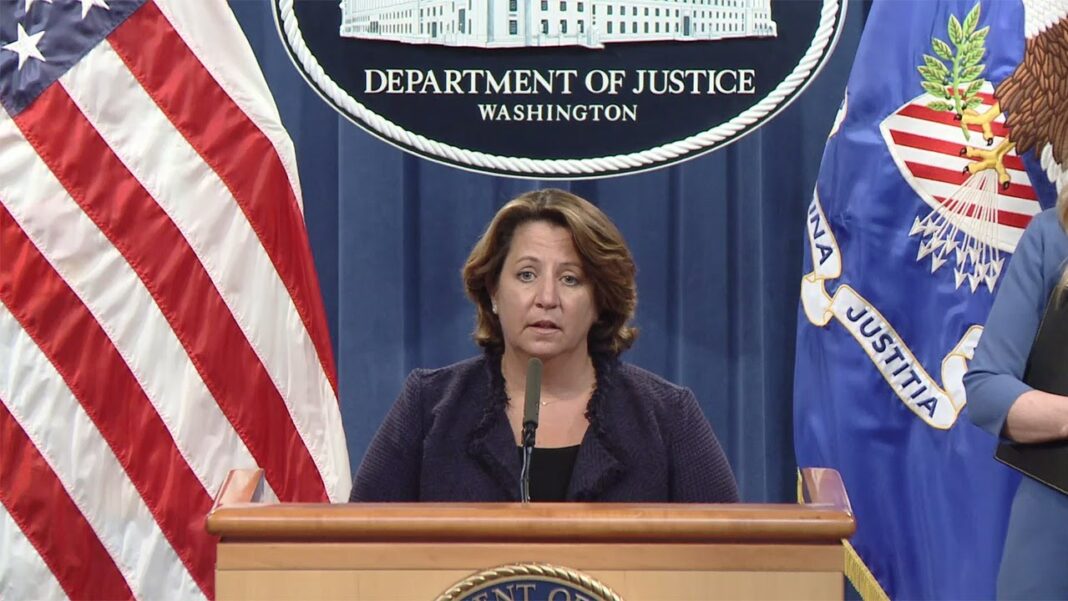The great green transition from fossil fuels is collapsing as the world enters an energy crisis of its own making.
India and China are scouring the world for coal stocks to burn, while Germany is offering its citizens tutorials on how to cook without electricity in anticipation of power failures. Prices for natural gas, crude oil, and coal are skyrocketing.
The term “energy poverty” was once reserved for the poor in underdeveloped nations. Today, citizens in some of the wealthiest nations on earth are applying the term to themselves.
It’s not even winter yet.
Meanwhile, Canada continues to shut in vast reserves of the resources that the world so desperately wants.
Alberta has shut down all new coal mining developments. BC has regulated every proposed liquefied natural gas (LNG) terminal out of existence aside from one which has faced chronic delays. Quebec has rejected an LNG terminal that had been in the works for nearly a decade and is considering banning all oil and gas development in their province forever.
Meanwhile, the Trans Mountain pipeline expansion is moving at a snail’s pace and remains years from completion.
While Canada has some of the most abundant petrochemical reserves on the planet, we won’t be able to make a dent in this spike in global demand for energy products. We have handicapped our production and export abilities so badly, it will take years to respond to today’s surge in demand.
Leaders must drop the ideology to face reality
How did the world get into this mess?
As with pretty much everything these days, the COVID-19 pandemic has a lot to do with it. The lockdowns of 2020 led to depressed demand for energy products. With travel and commerce ramping up again in 2021, energy producers weren’t able to increase production quickly enough to meet demand.
The pandemic has wreaked havoc on world supply chains and fossil fuel delivery is no exception.
Demand shocks induced by the pandemic have exposed just how fragile the world’s energy supply chain has become. Decades of naive, ideological energy policies around the world have led to energy security challenges. Nations set unreasonable emissions reduction targets for themselves in a zeal to battle climate change, while conventional energy generation facilities have been shut down in anticipation of renewable energy breakthroughs that never materialized.
By Cory Morgan








